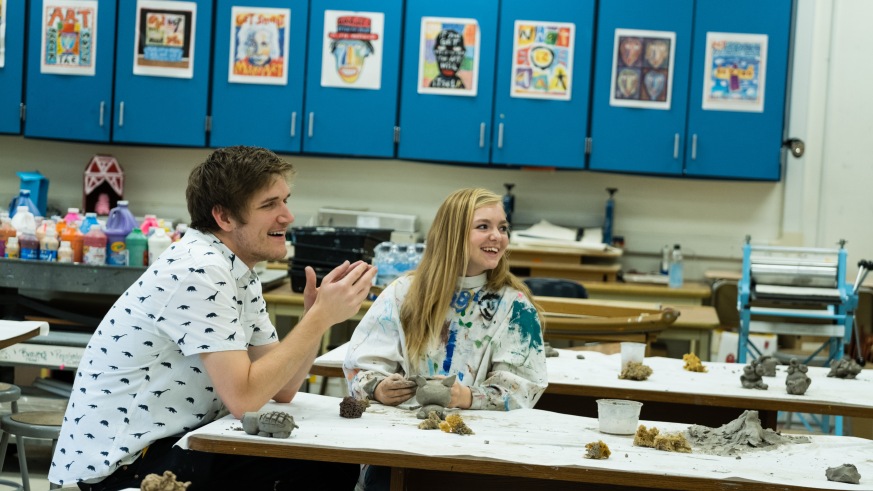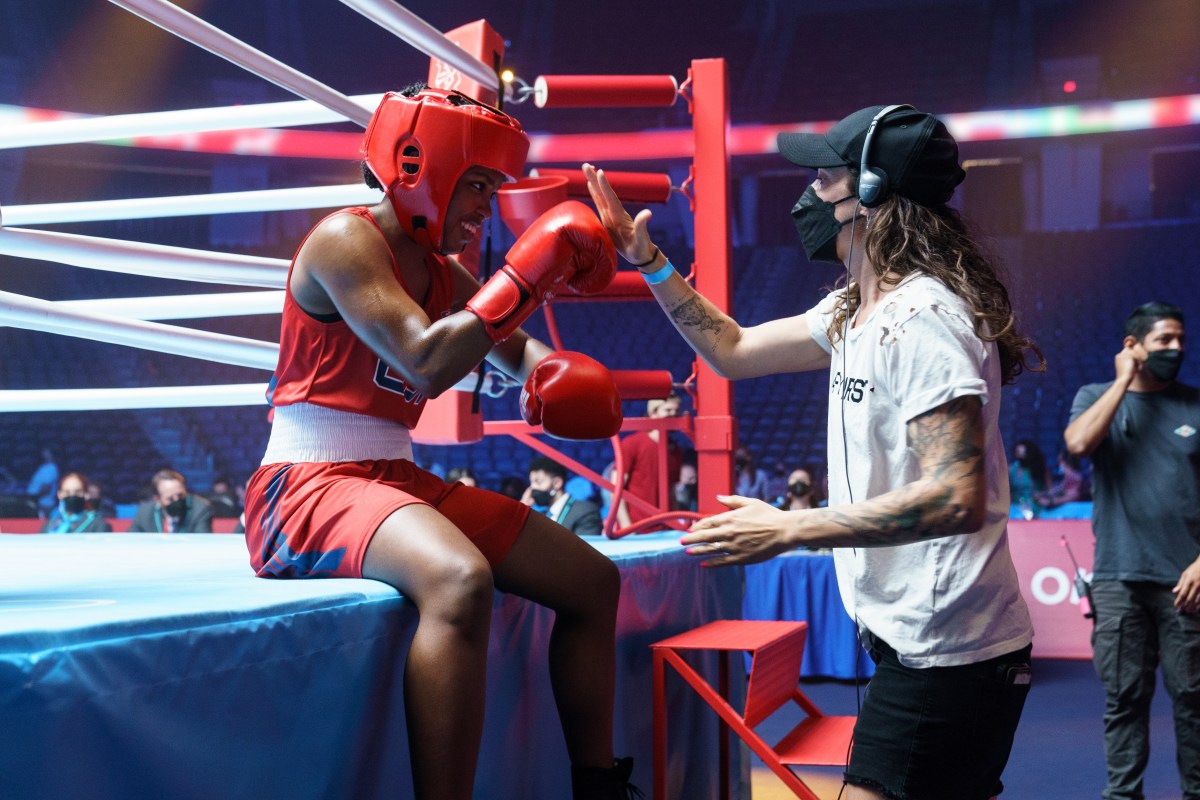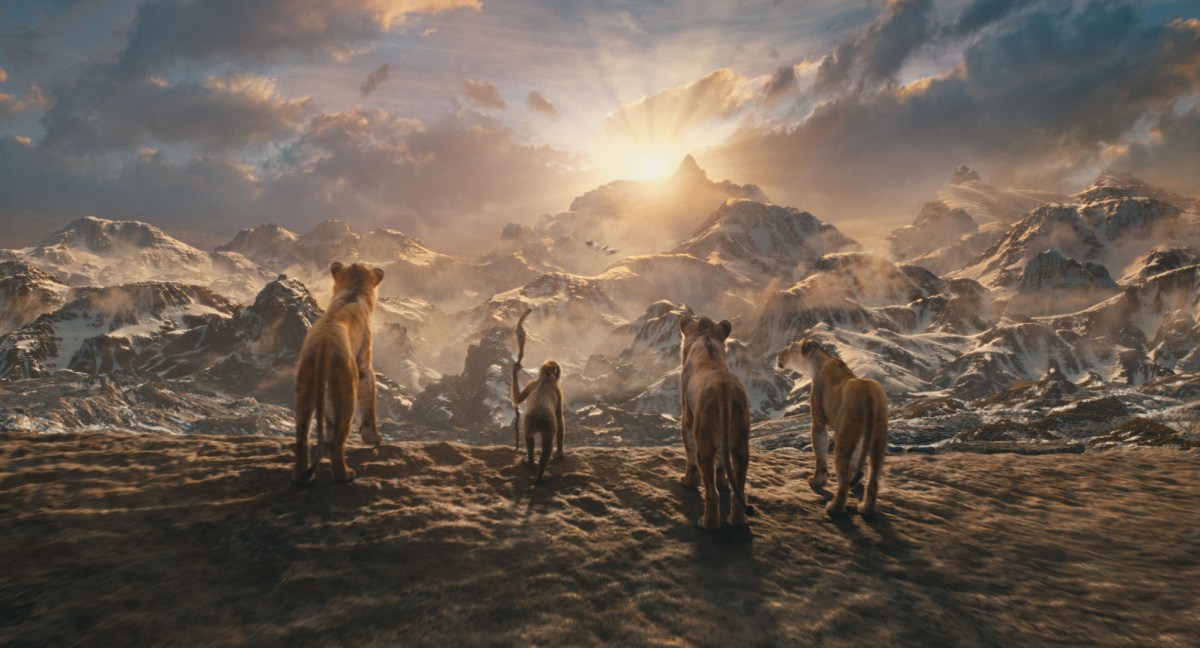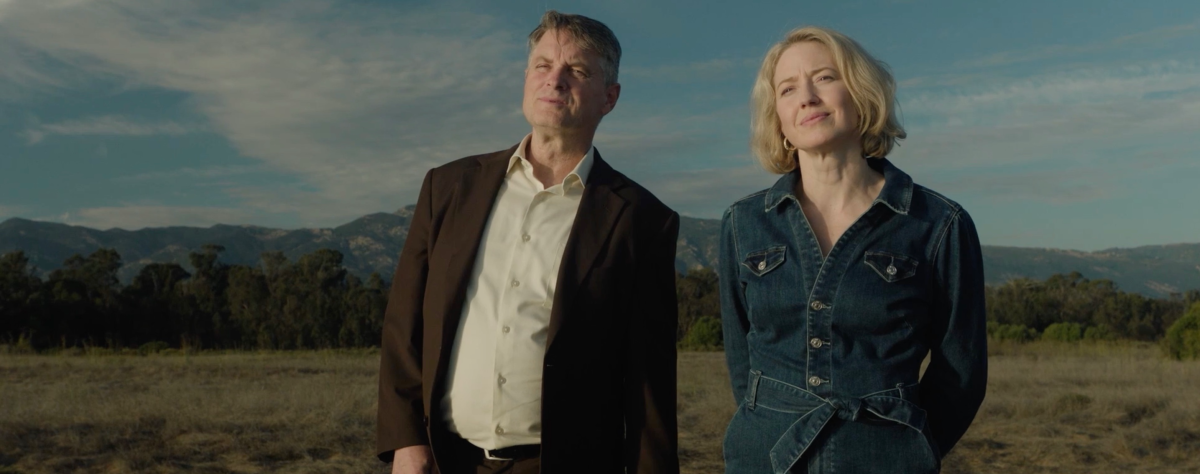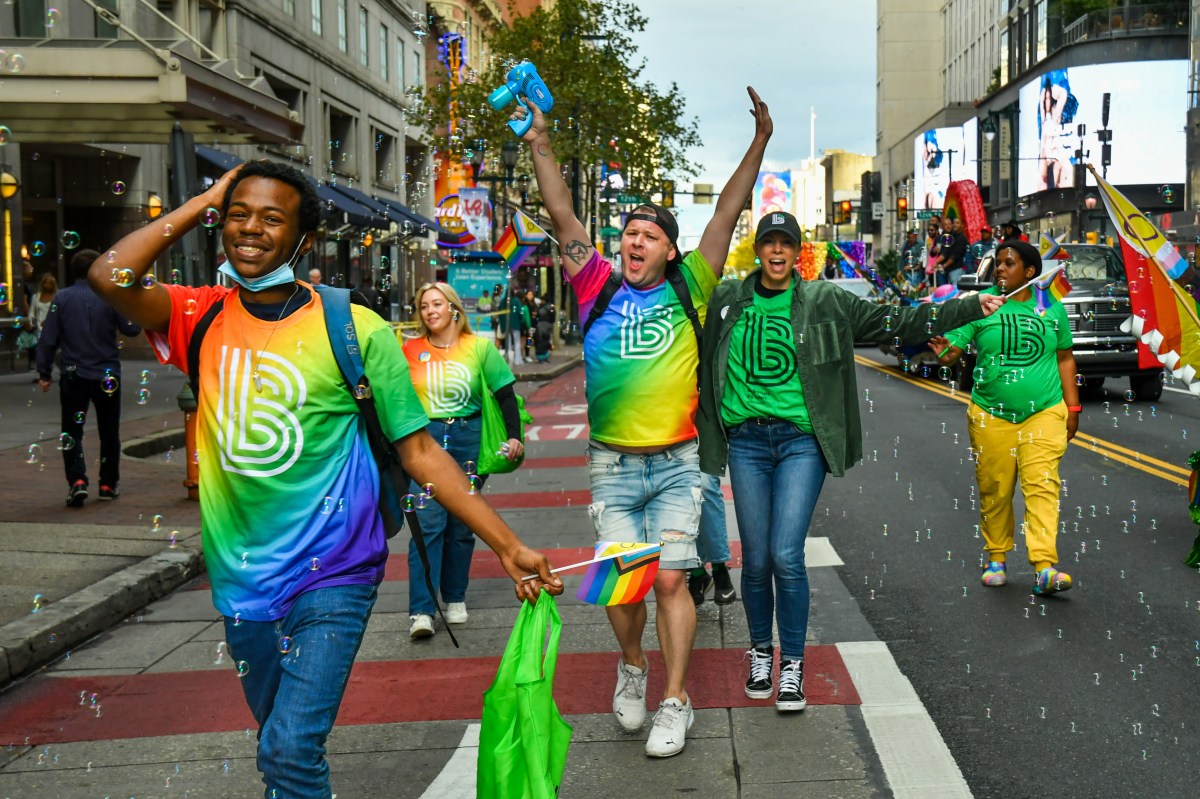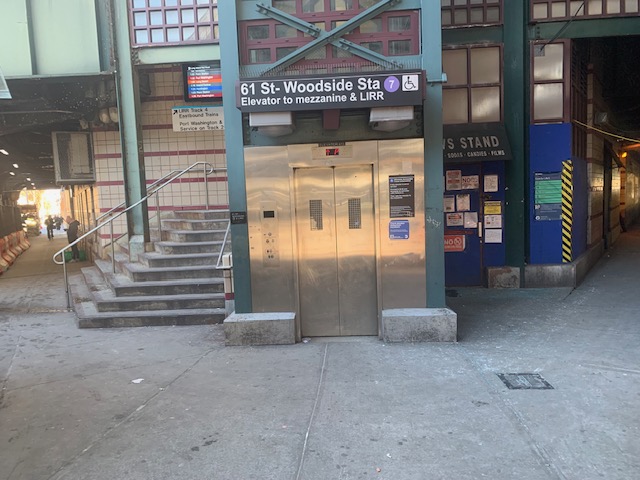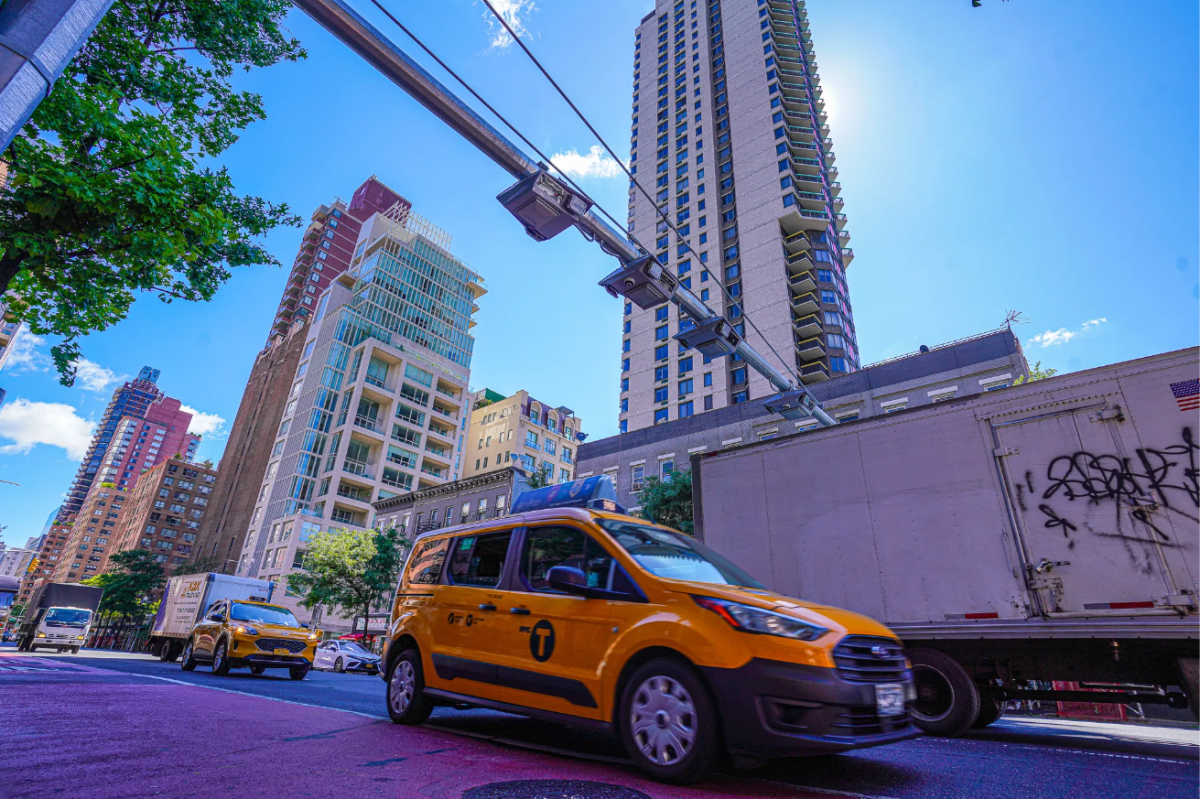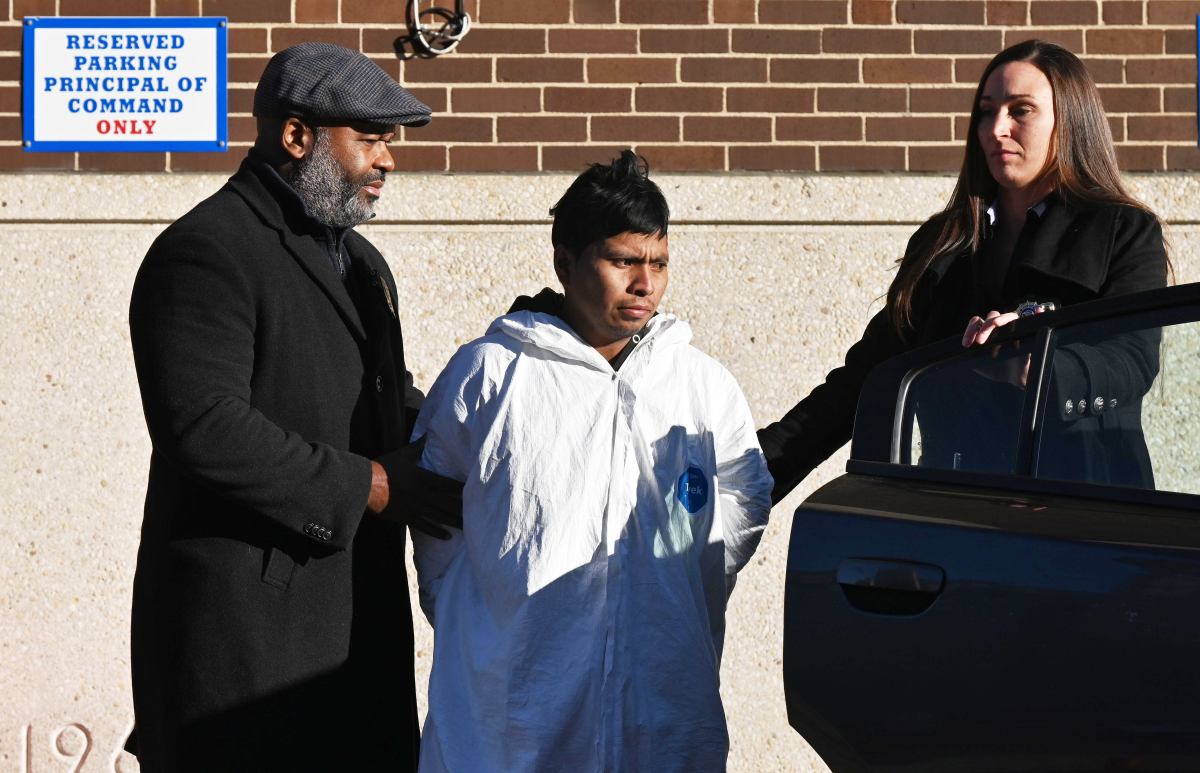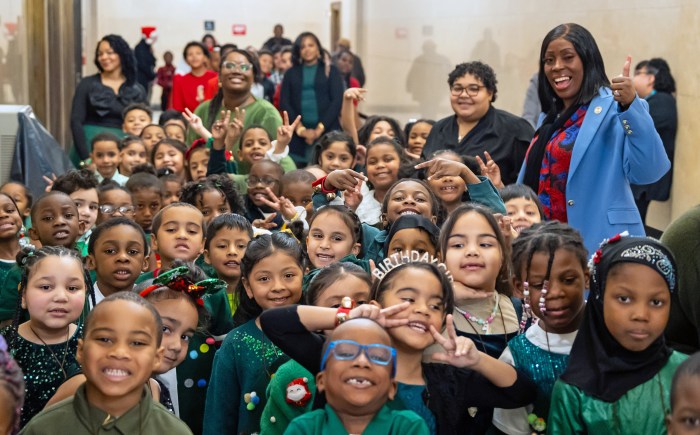Bo Burnham has come a long way since he started making viral web videos out of his teenage bedroom in a Massachusetts suburb. The former YouTube star has become a bona fide comedy powerhouse thanks to his hilarious stand-up work over the years, as well as his abilities behind the camera, having directed specials for notable comedians like Chris Rock and Jerrod Carmichael. Burnham is now set to make his directorial feature film debut in the new comedy-drama “Eighth Grade,” which hits theaters this weekend.
Burnham has masterfully put together a coming-of-age flick for today’s Instagram-loving teens. The film, which received stellar reviews after it debuted at Sundance this year, stars Elsie Fisher as Kayla, a quiet 13-year-old girl who’s trying to break out of her shell and fit it in with her peers while navigating the stresses of middle school in today’s social media-obsessed culture.
Ahead, Burham reveals what inspired his new film, his thoughts on young people’s relationship with the internet and more.
The film does a great job of portraying all the stresses and anxieties of that age, while also making those feelings accessible to people of any age.
That was the hope too, because some people don’t see that. Some people are just like, “Man, I remember being that awkward,” and I’m like, “You’re still that awkward. We’re all still that awkward.” It’s still hard to talk to people. Things are still really strange. It’s just at that age, everything is magnified and everything’s on the surface. But yeah, I hope it resonates with people, not just in the nostalgic sense. She reminds me of me now. She doesn’t remind me of me then. She reminds me more of me now than then.

What was your eighth grade experience like?
I was at Miles River Middle School in Hamilton, Massachusetts, which is the public school connected to the public high school. Yeah, it was good. Eighth grade was not my most stressful year. It was probably [the character’s] most stressful year. I was more stressed out sophomore year of high school. I think boys’ inner stresses don’t really kick in until then.
Just kind of a suburb kid in Hamilton, Massachusetts, hanging around. It was not very exciting. Sort of like the movie in the sense of not a lot was happening per se in my life, but I was feeling a lot, so that’s part of the movie is like, can you get the movie to feel exciting and visceral, even though what she’s experiencing might not be the events of a typical movie?
How do you feel like you’ve changed since you were that age?
I’ve gotten more in my head. Part of that is just natural, and part of that I feel like is a bit the internet. The internet has made me more in my head, so I felt like if I had had social media at her age, I would have been more me now. I didn’t start really getting anxiety and being anxious until my 20s. I had it a little in high school, but I didn’t really have it until later in life. For someone like her that’s sort of naturally disposed to that, which I was too, you’re getting in your head so much quicker, because usually at that age you’re f—g running around, you’re playing sports or whatever. It isn’t until maybe high school where you have to do college applications and you’re putting yourself down on paper and it’s scary. But they’re doing that at 10, 11.
What do you feel like we’ve lost from the Myspace, early YouTube era of the internet that you grew up with?
What’s such a bummer about what happened to YouTube is it had a chance to be so new, and then it started taking on all this cultural standards of Hollywood and everything. Except the standards were imposed by the people making the videos on themselves, you know what I mean? Like, they were acting like their own publicists and everything. But I don’t know. What we’ve lost is something pure. There was something a little more pure removed. We’ve also gained a lot. We haven’t really lost anything, we’ve just gained things. Some of it’s good. Some of it’s bad. This isn’t supposed to be an indictment of the internet or anything. The internet’s just a lot right now. I’m not saying it’s bad or good. It’s just a lot.
As one of the first YouTube stars, do you feel like you’re career would’ve taken off like it has if you had started making videos in today’s internet culture?
Today, if a kid wants to break out online, he has to compete with “Tonight Show” clips and movie trailers and everything. That’s a bummer. I would worry a kid like me wouldn’t get to break out. YouTube right now is serving big corporations and things, as they should, as it makes sense for their business. And creators that have already made it get a platform, but I don’t know about kids coming up. I don’t know. Maybe it would, but I’d worry that I wouldn’t be able to be seen now, which is a bummer.

The topic of loneliness permeates throughout all groups, from adults to eighth graders. How has the internet affected our perception of lonliness?
For me, everything I could do, any piece of work, would be about loneliness to some degree. Everything is about loneliness. So much of life is about loneliness. But it’s also not a bad thing, necessarily. That’s the crazy thing about the internet. We’re hyper-connected, and we’re lonely. It’s obviously like a cute little phrase, but it just is true, and it’s both at the same time. It’s changed the way we’re lonely because when you’re by yourself you aren’t really by yourself, but you are. We have an illusion that we’re with other people when we’re on our phone, and maybe we are, but maybe we’re also alone.
It makes you feel hyper-connected and lonely. But it’s the “and” that’s really interesting. It’s not like all of a sudden we feel hyper-connected, all of a sudden we feel lonely, all of a sudden we feel over-stimulated, all of a sudden we feel numb. No, we feel both of those things at the same time and that’s what’s really weird about it. In the movie, that’s what she’s feeling when she’s making her videos. She’s addressing a thousand people, maybe, that might see this video if it goes viral, or a million people, and yet she knows in the moment she’s f—-g alone in her bedroom saying nothing. So that’s the sort of weird push-pull of it.
How do you see the relationship between young people and the internet going in 10 years?
I have no idea. I truly, I absolutely have no idea. I don’t think they’re going to unplug, which some people think they’ll do. People think an unplugging is coming, and I don’t think because some s–t’s not cyclical. Sometimes the Model T shows up and there are no more horses. So part of the movie was trying to not theorize and try to portray it as it is and try to be humble before it and part of it is like, I have no f—-g idea what’s going on so anyone that says with certainty they would know where things are going, I think are bullshit. I think once kids themselves that grow up with the internet then become in charge of the internet in some way, they’ll treat it with a little more care because they understand what it actually does, on a deep level.
Having worked with so many real eighth graders on the film, what surprised you the most from your conversations with them?
You know, they’re actually pretty in control. They actually have a pretty good relationship with the internet, better than I thought. They’re really smart. It is the 30-year-olds with the internet that are actually the most embarrassing, that I think are the most hopeless, truly.
“Eighth Grade” opens in theaters July 13.

